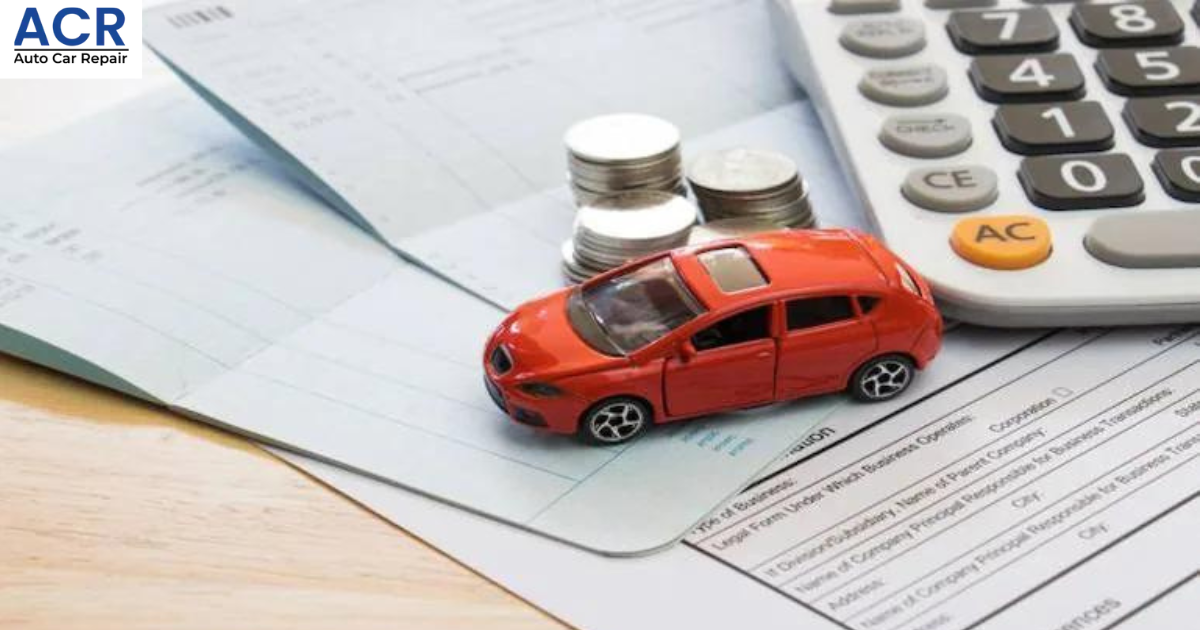Car insurance is a contract between a vehicle owner and an insurance company. It provides financial protection against losses incurred due to accidents, theft, or damage to the insured vehicle, including the process of filing a car insurance claim.
A car insurance claim is required when your vehicle sustains significant damage, is involved in an accident, or experiences theft. This process ensures you receive compensation from your insurance provider.
However, filing a car insurance claim can be a daunting task. There are some key factors involved in filing a claim to help streamline the process. These factors ensure you receive the compensation you’re entitled to.
Auto Car Repair (myTVS) is a multi-brand car service center that offers a wide range of car repair services.
Find below the essential factors to consider when filing a car insurance claim.

Top Factors to Consider When Filing a Car Insurance Claim
Filing a car insurance claim requires following certain procedures to ensure accuracy and efficiency. It further ensures that you are fairly compensated for all the damages to you and your car.
Find below the factors to consider when filing a car insurance claim:
1. Assessing Damage
The first step in filing a car insurance claim is to assess the extent of damage to your car. Take the time to thoroughly inspect your car and document any visible damage, including dents, scratches, broken windows, or structural damage. If you’re unsure about the severity of the damage, consider seeking professional assistance from a mechanic or auto body shop.
It’s essential to determine whether the cost of repairs or replacement exceeds your deductible before deciding to file a claim. It is because filing a claim for minor damage may not be cost-effective in the long run.
2. Understanding Policy Coverage
Before filing a car insurance claim, it’s crucial to review your insurance policy to understand what types of damage are covered. Also, check for any limitations or exclusions that may apply. Most insurance policies provide coverage for damage caused by collisions, theft, vandalism, fire, and natural disasters, but it’s essential to familiarize yourself with the specific terms and conditions of your policy.
Keep in mind that certain types of damage, such as wear and tear or mechanical failures, may not be covered by standard insurance policies. They may require additional coverage or warranties.
3. Navigating the Claims Process
Once you’ve assessed the damage and determined that filing a claim is necessary, it’s time to navigate the claims process. Contact your insurance company as soon as possible to report the incident and initiate the claims process. Be prepared to provide detailed information about the circumstances surrounding the incident. It will include the date, time, and location of the incident, as well as any relevant documentation, such as photos, witness statements, or police reports.
Your insurance company will guide you through the car insurance claims process. It may require you to obtain repair estimates or schedule an inspection of your vehicle before authorizing repairs or issuing a payout.
4. Cost-Benefit Analysis
Before proceeding with a car insurance claim, it’s essential to conduct a cost-benefit analysis to determine whether filing a claim is the most cost-effective option. Consider factors such as your deductible amount, the potential impact on your premiums, and the cost of repairs or replacement.
In some cases, filing a claim for minor damage may result in higher premiums or loss of claims-free discounts, making it more economical to pay for repairs out of pocket. However, if the damage is significant or exceeds your deductible, filing a claim may be necessary to cover the cost of repairs or replacement.
5. Gathering Documentation
Documentation is key when filing a car insurance claim, as it provides evidence to support your claim and expedite the claims process. Be sure to gather all relevant documentation, including photos of the damage, witness statements, police reports, repair estimates, and any other documentation related to the incident.
This information will help substantiate your claim and ensure that you receive the compensation you’re entitled to. Keep copies of all documents for your records and provide them to your insurance company as requested.
6. Maintaining Effective Communication
Effective communication with your insurance company is essential throughout the claims process to ensure a smooth resolution and timely payout. Keep your insurance company informed of any developments or changes related to your claim, such as additional damage discovered during repairs or delays in the repair process.
Be proactive in following up with your car insurance adjuster and providing any additional information or documentation requested. By maintaining open communication and cooperation with your insurance company, you can expedite the claims process and ensure that your claim is handled promptly and fairly.
Filing a car insurance claim can be a complex and time-consuming process, but by considering these key factors, you can navigate the process with confidence. With proper preparation and attention to detail, you can ensure that your claim is handled efficiently and that you receive the compensation you’re entitled to.
Auto Car Repair (myTVS) – Multi-Brand Car Service Center
Auto Car Repair (myTVS) is a multi-brand car service center in Delhi NCR. The highly skilled technicians use the latest equipment and technology to deliver exceptional car services.
Book your car service near me at Auto Car Repair (myTVS) to experience the best care for your car!


